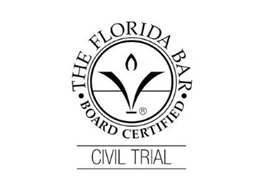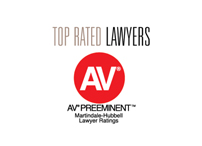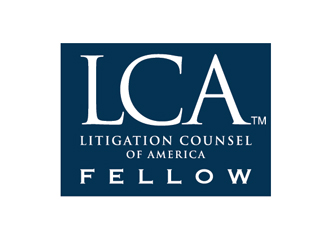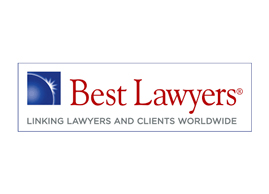Premises liability is a unique area of law that addresses the responsibility of landowners for particular accidents or incidents that happen on their property. These types of claims can include, for example, a slip and fall due to water on the floor from a leaking air conditioning unit on the property. A legal question that then arises is what, if anything, the property owner or possessor knew about the leak or alleged dangerous condition and when.
Premises and Retail Liability Claims Involving Transitory Foreign Substances or Objects
Pursuant to Florida Statute Section 768.0755, titled, Premises liability for transitory foreign substances in a business establishment, injured parties must prove that property owners or possessors had actual or constructive knowledge of the transitory foreign substance or object. Said statute states:
(1) If a person slips and falls on a transitory foreign substance in a business establishment, the injured person must prove that the business establishment had actual or constructive knowledge of the dangerous condition and should have taken action to remedy it. Constructive knowledge may be proven by circumstantial evidence showing that:
(a) The dangerous condition existed for such a length of time that, in the exercise of ordinary care, the business establishment should have known of the condition; or
(b) The condition occurred with regularity and was therefore foreseeable.
(2) This section does not affect any common-law duty of care owed by a person or entity in possession or control of a business premises.
The attorneys at Adams | Coogler know what to look for when evaluating whether or not a claimant can prove the property owner or possessor knew or should have known of the alleged dangerous condition. This comes from decades of experience handling these types of claims all over Florida.





